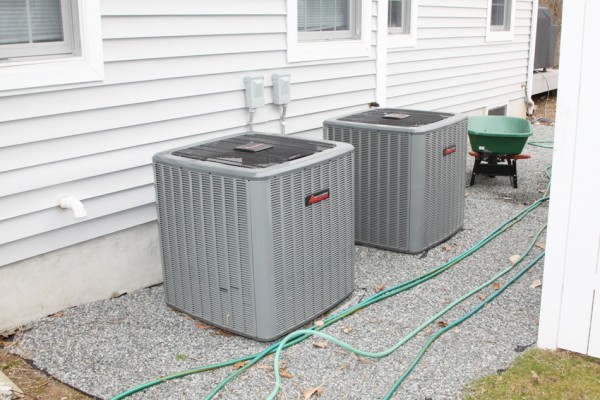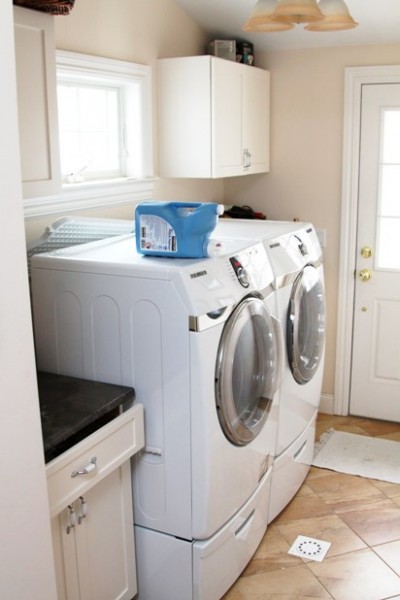RTJ Construction Bergen County New Jersey Environmentally Responsible Green Tips for Homes
Common sense and useful tips from RTJ Construction, Bergen County, New Jersey. We want you to save money and go green so we’ve got a great list of tips and ideas to improve your lifestyle and be environmentally responsible.
- Add storm doors
- Caulk, seal weather strip windows and doors
- Clean chimney and check to see if your fireplace is working properly
- Compost food scraps and use in your garden
- Filter your tap water
- Install a programmable thermostat so you can preset temperature for different times of the day
- Install awnings or plant trees outside to create shade
- Install rubber gaskets behind outlets and switch plates on exterior walls
- Insulate attic knee wall
- Keep shades, or curtains drawn on sunny side of house in the summer
- Reduce, Reuse, Recycle
- Refill plastic water bottles
- Replace furnace filters every 6 months
- Replace incandescent light bulbs to florescent to save on lighting costs
- Replace old single pane windows with newer double pane to help reflect sun’s rays and reduce energy loss
- Replace old appliances to energy start rated
- Seal leaks in attic, basement, and crawlspace, and also around windows and doors
- Store and dispose of household chemicals in a safe manner
- Turn off water when brushing teeth
- Use a dehumidifier to remove excess moisture

TOP 8 WAYS TO SAVE ENERGY & MONEY THIS WINTER
You typically use more natural gas during the winter to heat your home. To help keep your winter natural gas bills as low as possible, here are some energy-saving tips and improvements to consider that can help make your home more energy efficient. Using energy wisely helps conserve natural resources and helps protect the environment too.
- Furnace: If you’re planning to purchase a new natural gas furnace, choose an ENERGY STAR® model with an Annual Fuel Utilization Efficiency (AFUE) rating of 90% – 94%. Take advantage of rebates on qualified models.
- Insulation: Increase your home’s efficiency by installing R-30 attic insulation and R-13 wall insulation. You’ll save up to 25% on your winter heating costs.
- Thermostat: Lower your furnace thermostat 3-5 degrees (health permitting) when you’re home. Turn the furnace off when you leave. This action can help you save up to 20% on winter heating costs.
- Air Ducts: Have your air ducts tested for leaks. Seal any leaks and save about 5 – 20% on your winter heating costs.
- Dishwasher: Install a qualified higher efficiency dishwasher with an Energy Factor (EF) of .62 or greater (and check for rebates). Additional rebates may be available through your water utility. And, by using a high efficiency ENERGY STAR® dishwasher instead of hand washing, you can save about $5 monthly on your energy and water bills.
- Clothes Washer: Consider purchasing an energy efficient clothes washer. These models use up to 35-50% less water and up to 50% less energy per load. Choose a model with a Modified Energy Factor (MEF) of 1.60 or greater; and a Water Factor (WF) of 8.5 or lower.
- Water Heater: If you’re purchasing a new water heater, choose an energy-efficient natural gas model with an “Energy Factor” (EF) rating of .62 or higher. These high efficiency models may qualify for a rebate. A 40 gallon model with a .62 EF can save about $2 monthly (or 10%) on winter water heating costs.
- Shower: Showers can account for over 50% of your hot water usage! Take shorter, cooler showers and save about $4/month.

The actual energy savings obtained in each instance depends on various factors, including location, weather conditions, equipment installed, usage rates, and so forth.
Completing multiple energy saving measures will not necessarily result in cumulative savings.
